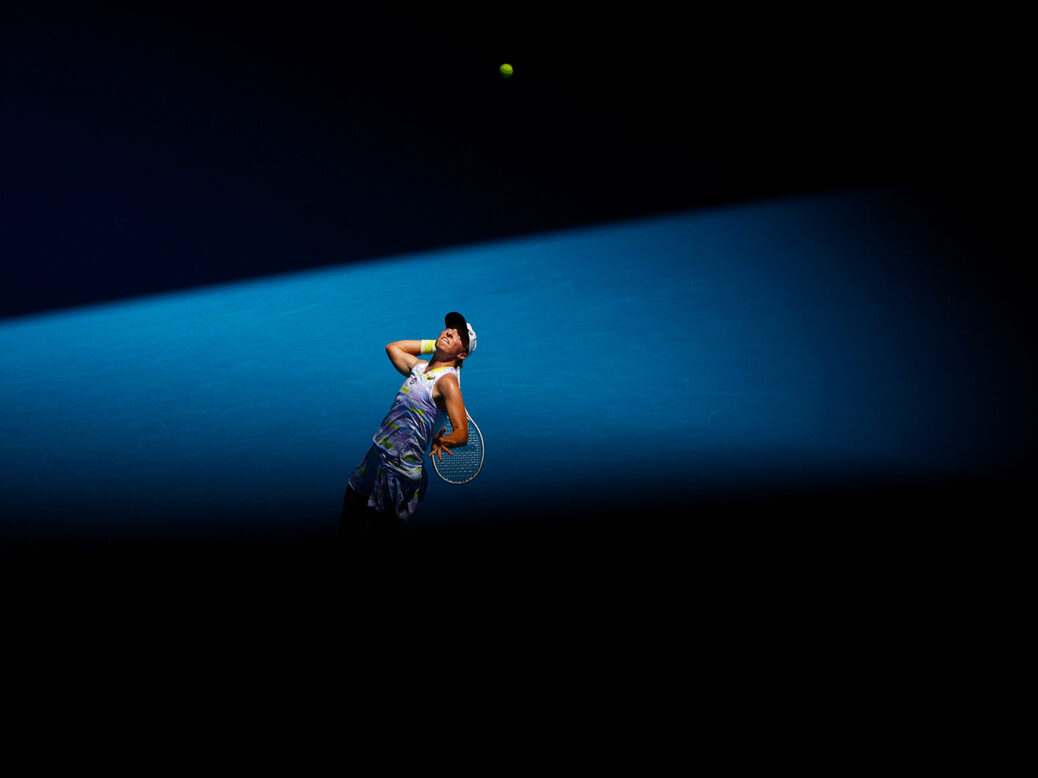
The genius of Iga Swiatek does not reveal itself in an instant. She is neither a physical freak nor a flamboyant risk-taker. Her technique is robust rather than refined, compact rather than exuberant. To grasp what makes the world No 1 from Poland so good, you need to spot the small details. The deceptive power she generates from her 5ft 9in frame. The way she constructs points, gradually pushing opponents further and further out of their comfort zone. She has a deep topspin forehand to make you retreat, and a gossamer drop shot to punish you for retreating. These are the attributes behind the astonishing rise of a player who, at 20, may be the finest women’s tennis player since the prime of Serena Williams.
On 23 May, Swiatek beat Lesia Tsurenko of Ukraine 6-2, 6-0 in the first round of the French Open. It was her 29th straight victory on the tour, a run of dominance in which she has won five consecutive tournaments and beaten most of her main rivals. Already, the discussion is not about whether Swiatek will win in Paris, but who she might face in the final, who might conceivably beat her in the future, how long her reign will last.



